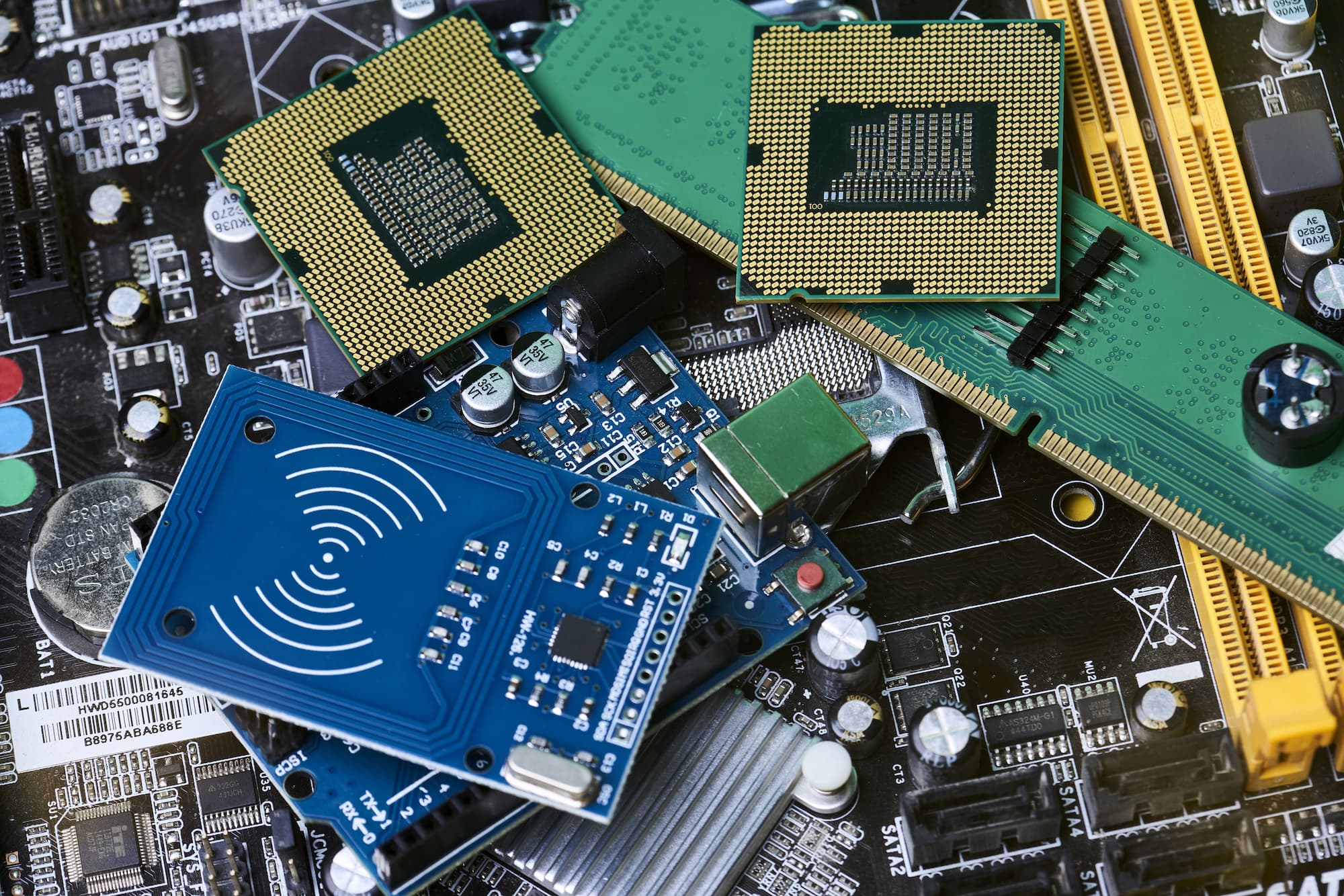The global chip shortage is here, and it is not going away anytime soon. You have likely heard about this already, whether directly from suppliers or in the news. But what does the global chip shortage mean for project managers, like you, that may be managing IT deployments — whether locally or even globally?
Here are some key takeaways from what this shortage means for IT deployments.
Components and Devices Can Be Harder to Find; Take Longer to Arrive
First and foremost, the global chip shortage means that it can be harder to find various electronic devices and components in stock, even with commercial suppliers. The devices and components ordered directly from the manufacturer are taking longer to arrive as manufacturers work through order backlogs themselves.
What kinds of items are affected? Just about anything with a circuit board could be.
The specifics get complicated fast, of course: cheap electronics rely on cheap, simpler chips, while complex devices like iPhones and Ford trucks rely on multiple types and different complexities of the chip.
So, not everything is out of stock all the time, but there are constraints up and down the supply chain.
Chip Shortages Likely to Last into 2023
The chip shortage is not decreasing anytime soon. Gartner predicts it will last into mid-2022, while Glen O’Donnel at Forrester is less optimistic, targeting a time in 2023.
Again, this is not to say that everything will be equally in short supply for the foreseeable future. Specific shortages will ebb and flow. But the overall crisis will be with us for a while.
What does that mean in terms of IT deployments? Service delivery companies cannot simply wait out the storm. End clients are not going to be satisfied waiting that long if there is anything at all that can be done about it.
So, right now is the time to do whatever is in your power to mitigate these shortages. Move your order times earlier in your process, diversify your supplier pool, and so on — whatever you can do to overcome the shortages and long lead times, now is the time to do it.
Manufacturing Capacity Will Be Depressed, and Certain Shortages Are Possible
Some so-called shortages put pressure on supply chains but do not ultimately prevent stuff from getting made.
This one is not like that.
The manufacturing capacity is already depressed; Nissan has already reported that it will make 500,000 fewer vehicles because it cannot get the chips it needs. Other auto manufacturers have made similar announcements, and many have thousands of otherwise finished vehicles just parked at production facilities, completely useless without the computers that help them run.
This shortage is serious enough that you could encounter actual true product and component shortages: components that you need to execute a proper IT deployment and cannot get right now.
IT Component Inflation Is Already Starting
There is another predictable response to shortages; when demand outstrips supply, prices go up.
Thankfully, we have not seen any widespread examples of price gouging over semiconductors, but prices are ticking upward higher than at the rate of inflation.
If you are starting to feel the price pressure when you attempt to order new components or devices, you are not imagining it. Component inflation is already starting, so look into adjusting your pricing structures accordingly.
Longer Lead Times on Components Lead to Longer Lead Times on Service Delivery
Again, this is not exactly rocket science, but global IT deployments are struggling in terms of timeliness, partly due to the challenges they are facing in sourcing components and devices needed for those deployments.
The longer lead times on electronics are certainly contributing to the service delivery delays, though they are not the only factor. A global labor shortage is also disrupting field services operations and timely IT deployment, as are remaining local restrictions due to pandemic-related issues.
Shipping Delays Are Not Helping, Either
In addition, most of the global capacity for semiconductor manufacturing is located in Asia. Disruptions to global shipping are further exacerbating the problem. Once raw materials, components, or finished products do make it off Asian assembly lines, they are loaded into containers that cannot find a spot on a ship.
Or they are loaded onto ships that spend time anchored in the port of Los Angeles.
Or they are finally offloaded into US ports, where they await trucks or trains, as the transport industry also faces labor shortages.
So, while the shipping delays and transportation labor shortages are neither a cause nor an effect of the global chip shortage, they are still a significant issue prolonging the time it takes for service delivery teams and IT project managers to source the materials they need to build out their IT deployments.
Kinettix Can Help You Navigate the Chip Shortage
The right partner can make all the difference during an unprecedented supply chain disruption and chip shortage. Kinettix does not and cannot make semiconductors, but the company does have the reach and scale to overcome localized or single-manufacturer shortages.
Kinettix is helping its clients navigate these unusual and challenging circumstances. Let us show you how we can help you, too. Contact us today.






